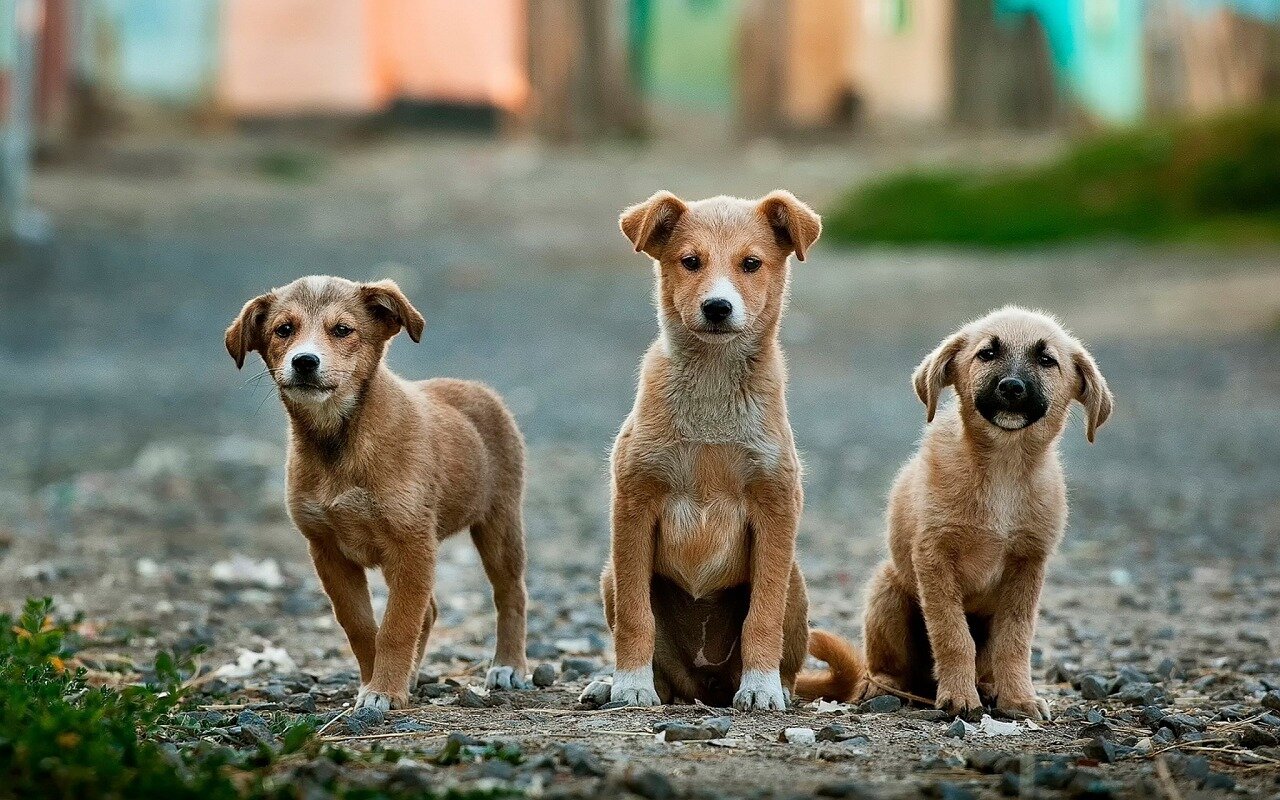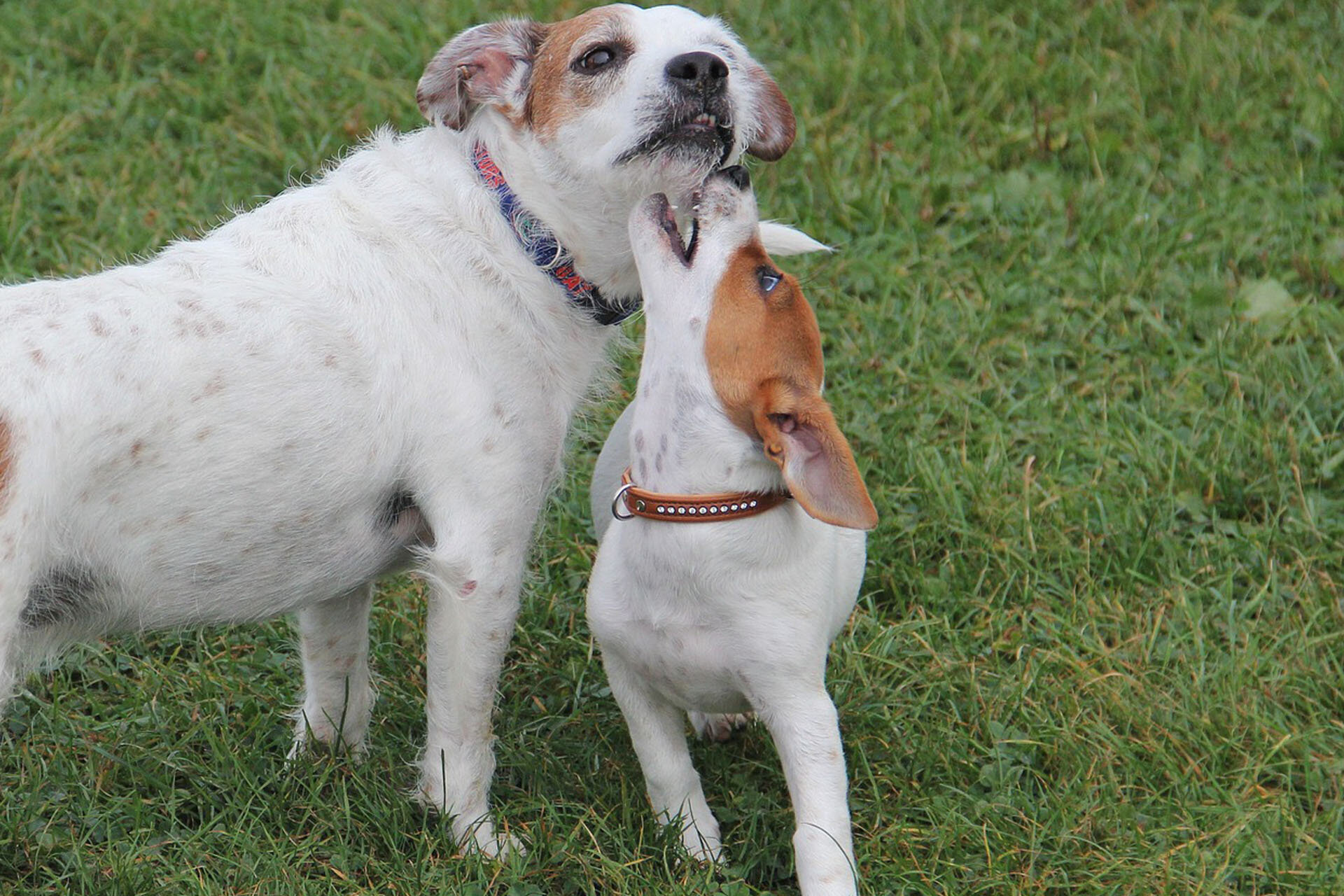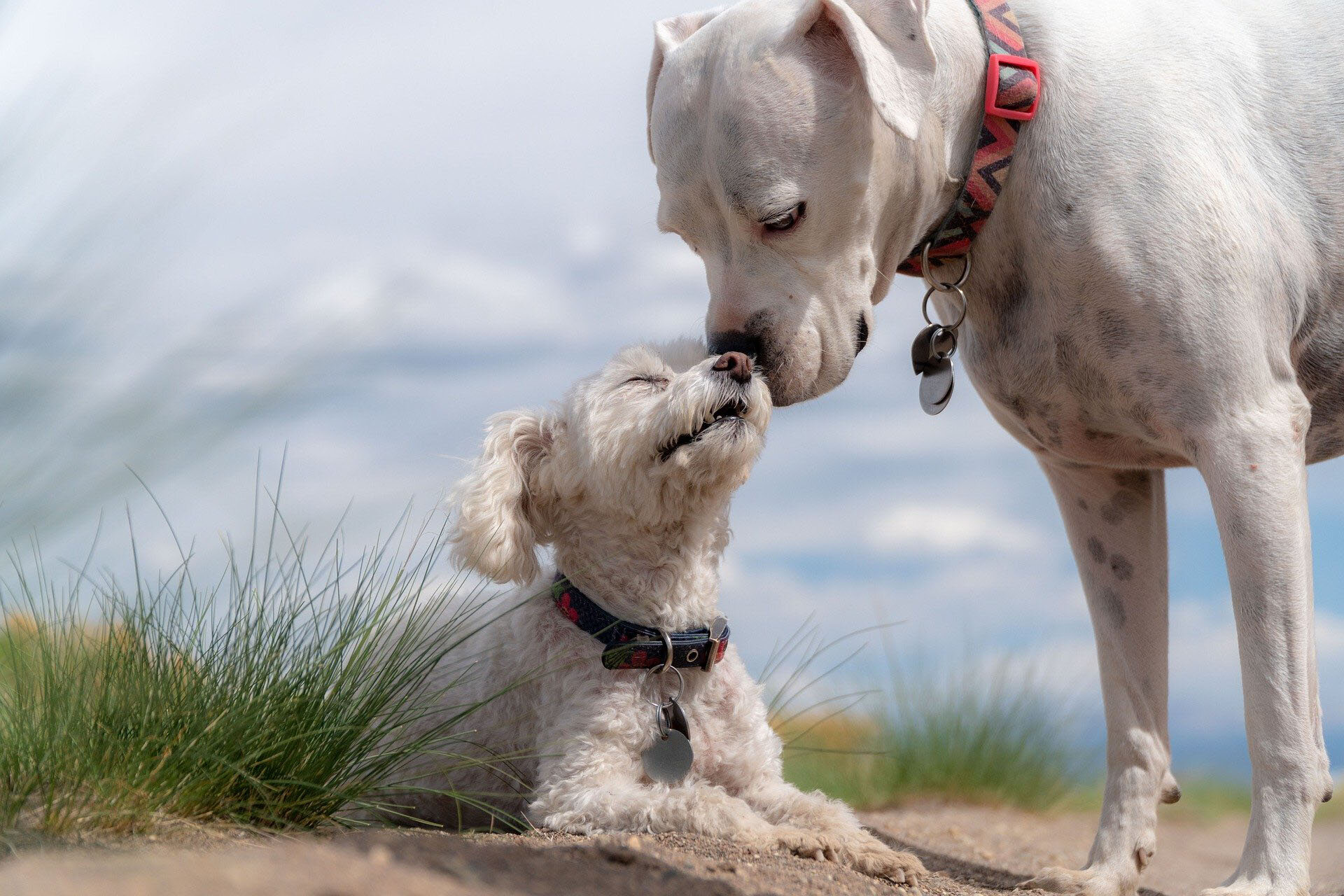Vaccinations Dogs
At Darwin Vet we strongly recommend that your pet is vaccinated when young, with ongoing immunity then provided by annual booster vaccination. Your pet is at risk of infection from numerous viruses, some of which are potentially fatal. A simple vaccination program can protect them from most of these diseases. Vaccination is also the most cost-effective form of protection.
Animals are temporarily protected against many diseases by antibodies received from their mother’s milk. These maternal antibodies decline over the first couple of months of their lives, but until they drop sufficiently they can neutralise the effect of vaccines.
We can advise you on the correct vaccinations for your pet.
Immunity from vaccinations reduces over time and your beloved pet can again become more susceptible to disease. Regular health checks and booster vaccinations will provide the best protection.
First a quick reference guide
Dog diseases :
Parvovirus
Distemper
Hepatitis
Kennel Cough
Leptospirosis
Dogs and puppies are at risk of infection from a number of potential fatal viruses and, once contracted, they can be very difficult to treat. A simple vaccination program can protect them from most of these diseases and it is the more cost-effective way of protecting your pet.
Puppies are temporarily protected against many diseases by antibodies received from the mother through the milk. These maternal antibodies decline over the first couple of months of their lives, but until they drop sufficiently they can neutralise the effect of vaccines.
Vaccination Chart
Puppy Vaccinations
A series of vaccinations is necessary for puppies. These vaccines need to be given at specific ages.
Initial vaccination programs should begin when the puppy is six to eight weeks old. They will require a booster four to six weeks later (10-12 weeks old) and then again four weeks later (14-16 weeks old). It won’t be until two weeks after the third dose of injections that they will have maximum protection, so until then they should be quarantined (no walks in the park or swims at the beach). That is why a series of vaccinations is necessary for puppies and the vaccines need to be given at a certain age.
If adult dogs haven’t had a vaccination for at least two years then they should have two doses of vaccination injections four weeks apart to build up to maximum protection again.
Occasionally, after the vaccination is given, pets may be off-colour for a day or two, or have some slight swelling or tenderness at the injection site. Access to food and water and a comfortable place to rest is all they need for a quick recovery. However, if you have any concerns, please contact us.
Immunity from vaccinations reduces over time and your pet can again become more susceptible to disease. Regular health checks and booster vaccinations will provide the best protection for the life of your pet.
We vaccinate your dog against the following diseases
Canine Parvovirus
A disease that affects dogs of all ages but which is most serious in puppies and older, unvaccinated dogs. The virus attacks the intestines causing blood stained diarrhoea, vomiting and severe abdominal pain. Dogs often die from severe dehydration despite intensive veterinary care.
It is not necessary to have direct contact with other dogs for the disease to spread. The virus is very persistent in the environment, which needs to be cleaned with potent disinfectant to prevent spread to other dogs. Outbreaks occur regularly, especially in the wet season.
Canine Distemper
A highly contagious viral disease affecting dogs of all ages with young puppies being at higher risk. Symptoms vary but can include fever, coughing, sneezing, nasal discharge, vomiting, diarrhoea, loss of appetite and depression. Muscle tremors, fits and paralysis usually occur later in the disease.
Treatment is often ineffective and the recovery rate is very low. Dogs that do recover may have permanent brain damage.
Canine Hepatitis
A viral highly contagious disease, which is often fatal. Dogs of any age can become infected. However severe cases are rare in dogs over two years of age.
Symptoms include high fever, depression, loss of appetite, vomiting, diarrhoea and acute abdominal pain. In severe cases death can occur within 24 to 36 hours. Dogs that recover may develop long term liver and kidney problems and can act as carriers spreading the disease to other dogs for many months.
Kennel Cough
The result of several highly infectious diseases, which can be easily spread wherever dogs congregate. Among the infectious agents associated with kennel cough is the bacterium known as bordetalla bronchiseptica and the canine viruses parainfluenza, adenovirus type 2 and distemper.
Affected dogs have a dry hacking cough, which can persist for several weeks. Pneumonia is another consequence and dogs will sometimes bring up white phlegm. Vaccinated dogs may still contract and pass on the infection, but vaccination significantly reduces the severity of the disease and recovery is quicker. Dogs usually recover after treatment.
Canine Leptospirosis
A serious disease risk in some areas which can result in high death rates. In Darwin we recommend vaccination against the strain Leptospira australis. It is spread by the urine of rats, mice and native animals, which can live in our gardens. It is usually transmitted to dogs by contact with urine-contaminated food or water.
There is an increased risk where high rat populations exist, such as rubbish tips and low-lying water. Incidence can also increase after long periods of wet weather. Symptoms include vomiting, bloody diarrhoea due to internal bleeding, jaundice (yellow gums and eyes) from liver damage, red urine due to kidney failure. Death is the common outcome.




